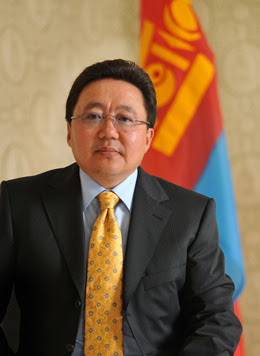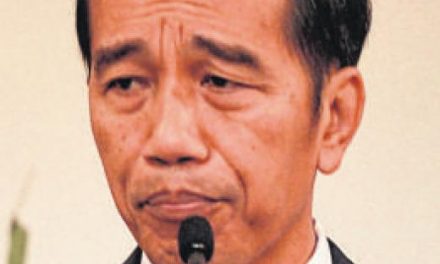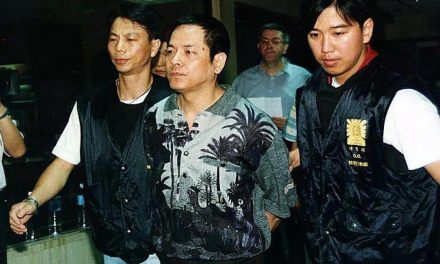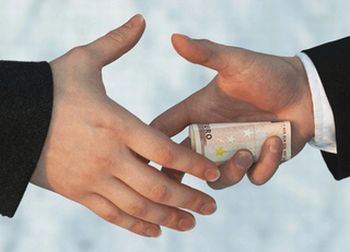
Elbedgorj Tsakhia
29 June 2012. As Mongolians go to the polls to elect a new parliament on Thursday, many concerns remain over government corruption. Mongolia’s capital city is awash with politics.
When former Mongolian president Nambaryn Enkhbayar claimed authoritarian strong-arming after his arrest over corruption charges, many voters still supported his party.
The elections will be Mongolia’s sixth since it shed its Soviet-controlled communist system in early 1990, and the stakes are high. The country’s recent discovery of massive copper, gold, coal, uranium and rare earth deposits have opened the floodgates to foreign investment and kicked its economy into overdrive. Mongolia’s GDP grew by 17.3% last year and shows no signs of slowing down.
Analysts say that if Mongolia’s new leaders are transparent, equitable and just, they could use the country’s mineral wealth to forge a stable middle-class society like Qatar. Yet Mongolia could just as likely become another Nigeria, where an oil boom in the 1970s led to environmental degradation and conflict, the country’s wealth frittered away by corrupt officials, its average citizens left mired in poverty.
The current president Elbedgorj Tsakhia maintains it is up to the courts, and not public opinion, to deliver Enkhbayar’s verdict.
Transparency International still ranks the country 120th out of 183 nations on the corruption scale.
Watch this video: Corruption fears high before Mongolian election
[[{“type”:”media”,”view_mode”:”media_large”,”fid”:”4″,”attributes”:{“class”:”media-image”,”typeof”:”foaf:Image”,”height”:”360″,”width”:”640″,”style”:””}}]]
Source: Al Jazeera.















